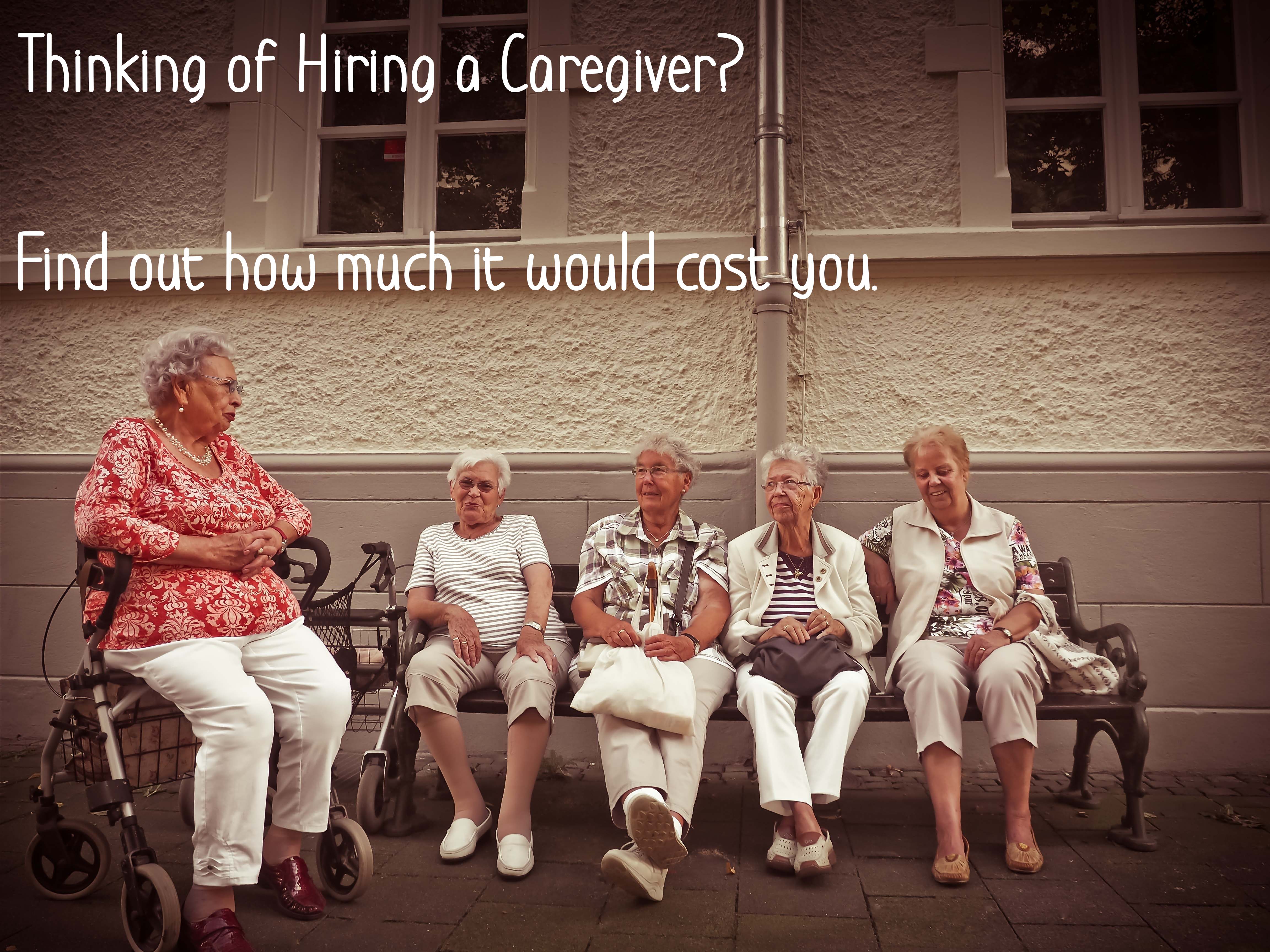Which is better: Getting Your Nutrients from Pills or Food?
 To take the multivitamin or to not take the multivitamin: That is the question researchers are still trying to answer. New research on vitamins has offered conclusions that weren’t crystal clear. But researchers generally recommend getting vitamins from foods, not supplements, to boost your health.
To take the multivitamin or to not take the multivitamin: That is the question researchers are still trying to answer. New research on vitamins has offered conclusions that weren’t crystal clear. But researchers generally recommend getting vitamins from foods, not supplements, to boost your health.
Vitamin supplements and cancer
A study done on women in Puerto Rico, presented Sunday at the American Association for Cancer Research, found that multivitamin and calcium supplements have a protective effect against breast cancer. But a large Swedish study in the American Journal of Clinical Nutrition found that taking multivitamin supplements may increase the risk of breast cancer.
The Puerto Rican study, which was not published in a peer-reviewed journal, looked at the capacity of DNA to repair itself in the face of damage. A low DNA repair capacity has previously been linked to cancer risk, said Jaime Matta at the Ponce School of Medicine. Researchers surveyed 268 breast cancer patients and 457 healthy controls and took samples from them to analyze their DNA repair capacity. They found that participants who took multivitamin supplements reduced the odds of having breast cancer by 30 percent, and those who took calcium had a 40 percent decreased risk. Statistical analysis suggested that the calcium effect could be explained by the DNA repair capacity, but the vitamin effect was independent. Taking supplements of individual vitamins such as A, C and E had no effect, Matta said.
The Swedish study, which looked at more than 35,000 Swedish women, found that those who reported taking multivitamins were 19 percent more likely to develop breast cancer than those who said they didn’t take them.
Both studies should be looked at in the broader context of research on the subject, which has consistently found no association between multivitamins and cancer, said Joanne Dorgan, epidemiologist at Fox Chase Cancer Center in Philadelphia, Pennsylvania.
A 2009 study of more than 160,000 women in the U.S. Women’s Health Initiative found no link between multivitamin use and the likelihood of developing cancer or cardiovascular disease, or of dying. Other large-scale studies similarly have not found connections between breast cancer and multivitamin use.
The Swedish study, which also has a large sample, should be followed up, Dorgan said.
Although the Puerto Rican study is small, it generates a useful hypothesis about DNA repair capacity that should be looked into also, said Dr. Banu Arun, professor of medicine at University of Texas M.D. Anderson Cancer Center. It is important to explore why some people may benefit from vitamin intake more than others, and DNA repair capacity is a possible factor in that, she said.
Arun’s bottom line: “Don’t take all of these multivitamins with the intention that it will decrease breast cancer risk. Getting the vitamins and minerals from natural sources — food source — is the best.” Those with deficiencies because of genetics or chronic illnesses should compensate with supplements, she said.
Vitamins in diet and the heart
Getting nutrients from foods gets more support from a large Japanese study published in the Journal of the American Heart Association. Researchers looked at more than 23,000 men and 35,000 women, ages 40 to 79. They used questionnaires to assess how much folate, vitamin B-6 and vitamin B-12 participants had in their diets.
They found that greater intake of folate and vitamin B-6 was linked to fewer deaths from heart failure in men. These nutrients were also linked to fewer deaths from stroke, heart disease and overall cardiovascular diseases in women. When researchers controlled for cardiovascular risk factors and took out the participants who used supplements, the folate and vitamin B-6 continued to show these benefits.
Previous research has found that higher levels of homocysteine, an amino acid in the blood, may be related to blood clots and artery lining damage. B vitamins such as folic acid help break down homocysteine, but this study does not prove a direct cause.
The study represents a substantial source of data to further evaluate or expand upon dietary recommendations, said Linda Van Horn, nutrition researcher at Northwestern University Feinberg School of Medicine, who was not involved in the study. The large sample size and the standardized food frequency questionnaire give credence to the study, Van Horn said. “These particular nutrients — there’s no reason to think they wouldn’t be as important in an American population as they are in a Japanese population,” she said.
Still, the findings may not be entirely generalizable to the United States, as the Japanese dietary intake is different, and the country’s population is less obese as a whole. There should be a similar assessment in the United States to determine if the findings can be applied there, researchers said.
The message is to eat foods that contain B-vitamins, Van Horn said. These include dark green leafy vegetables such as spinach, broccoli, dried beans, peas, lentils and kidney beans, and chickpeas. Many cereals are also fortified with the vitamins.
Courtesy of CNN
- Tags: Diet and Nutrition
- Professional Medical














Comments 0